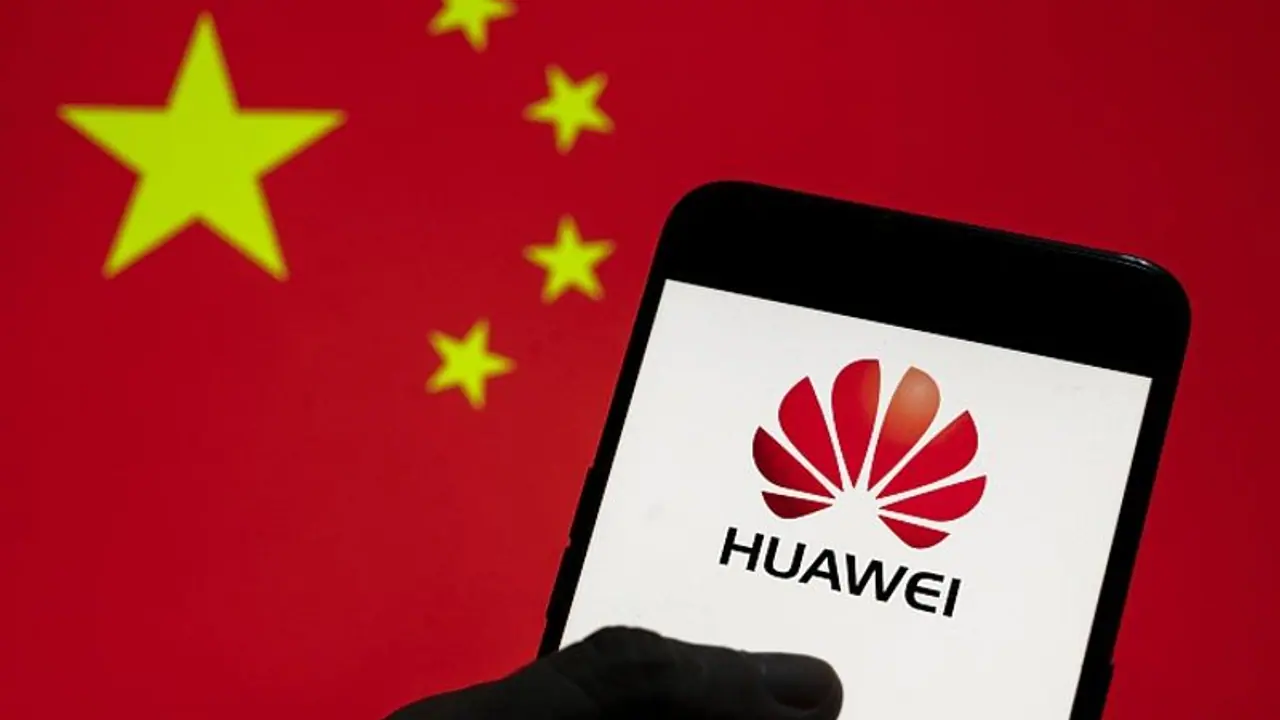While Huawei pushes for technological independence with its HarmonyOS, the lack of access to advanced equipment like ASML's lithography systems hinders progress,
Huawei Technologies' new MateBook Fold is dependent on a 7-nanometer chip manufactured by Semiconductor Manufacturing International Corp. (SMIC) using technology from years ago, demonstrating that US sanctions continue to impede China's advancement in advanced semiconductor development, according to Bloomberg, which cited Canada-based consultancy TechInsights.

The Mate 60 Pro from Huawei, which shocked US authorities in 2023, utilises the same 7nm technology as this processor. Taiwan Semiconductor Manufacturing Co., on the other hand, plans to begin mass-producing 2nm chips later this year, which is three generations ahead of schedule.
According to Bloomberg, the May introduction of the foldable notebook-tablet hybrid, which runs on Huawei's HarmonyOS, underlines Beijing's desire for technological independence in the face of US-led limitations. However, because ASML Holding NV is prohibited from supplying sophisticated lithography equipment to Chinese companies, China lacks access to state-of-the-art chipmaking equipment.
"This probably indicates that SMIC has not yet developed a 5nm-equivalent node that can be manufactured on a large scale," TechInsights said, underscoring the effect of US technological restrictions on SMIC's capacity to contend with top foundries.
US views China as a significant competitor
China is viewed by the US as a significant competitor in the artificial intelligence space. Early this year, DeepSeek's ascent rocked US tech titans, causing their valuations to plummet by billions. Washington is preventing Chinese businesses from purchasing Nvidia's high-end AI processors for training, citing national security concerns, in addition to measures to stop China from obtaining sophisticated semiconductor manufacturing equipment. In terms of sophisticated chipmaking, Beijing is currently placing its hopes in SMIC and Huawei.
According to US Under Secretary of Commerce Jeffrey Kessler, Huawei is only able to produce 200,000 Ascend AI processors in 2025 because to US export restrictions, despite the company's 2023 launch of a 7nm chip built in China, Bloomberg reported.
Washington continues to restrict access to Nvidia's top-tier AI chips because it sees China as a competitor in the field, particularly in light of DeepSeek's worldwide rise in 2025.


